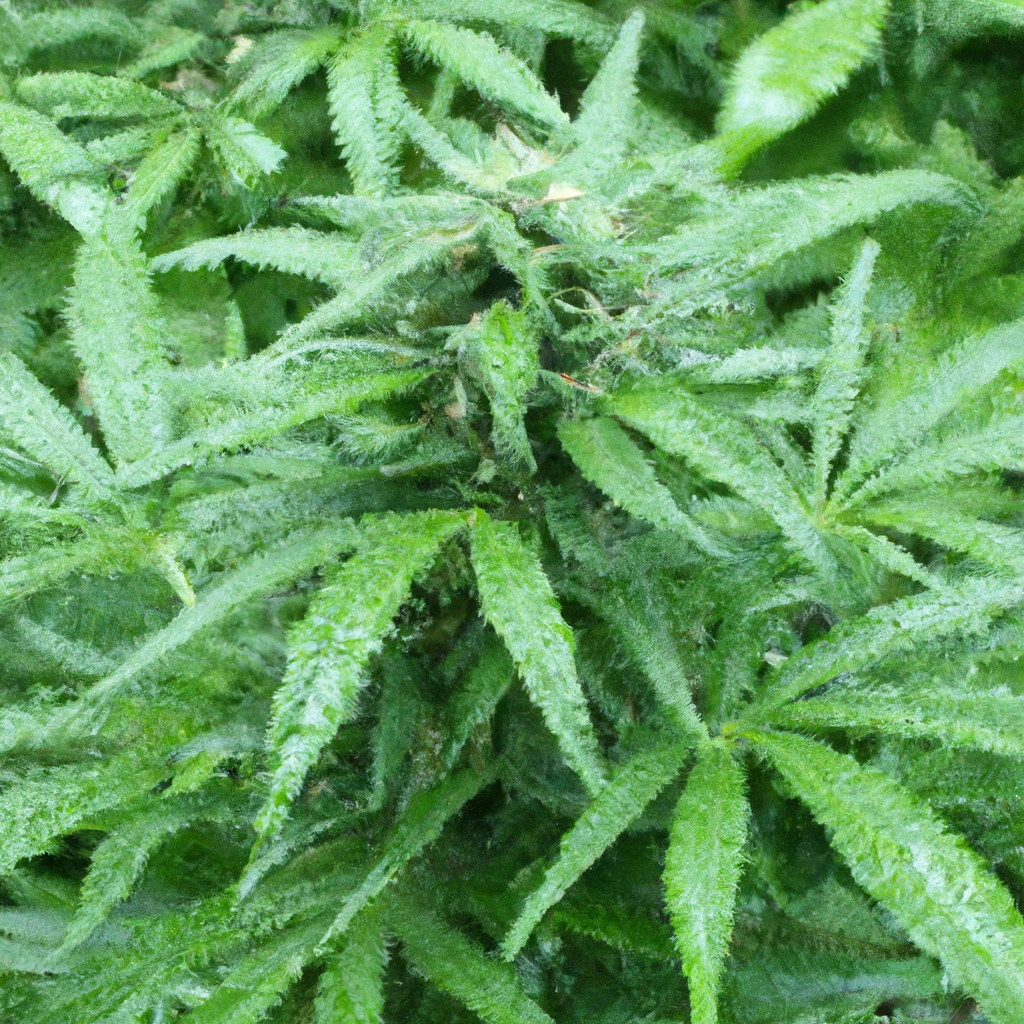Your cart is currently empty!
Organic cannabis cultivation is more than just a trend; it’s a commitment to the environment and to producing high-quality cannabis. By embracing natural fertilizers, composting, and eco-friendly pest control, growers can cultivate cannabis that is as beneficial for the earth as it is for consumers. This guide will explore best practices for organic cannabis cultivation, focusing on building healthy soil ecosystems, avoiding synthetic chemicals, and promoting sustainability.
1. Embracing Natural Fertilizers
Using organic fertilizers is crucial in organic cannabis growing as they improve soil fertility without introducing harmful chemicals. Common natural fertilizers include:
- Compost: Rich in nutrients, compost provides essential organic matter that enhances soil structure.
- Worm Castings: These are excellent for improving soil biology and providing slow-release nutrients.
- Fish Emulsion: A high-nitrogen liquid that bolsters plant growth.
2. Building a Healthy Soil Ecosystem
To achieve sustainable cultivation, it’s vital to build a robust soil ecosystem. Consider the following practices to maintain soil health:
- Crop Rotation: Rotating crops helps break pest life cycles and maintains soil fertility.
- Companion Planting: Integrate plants that naturally repel pests or enhance nutrient uptake with cannabis plants.
- Mulching: Applying organic mulch helps retain moisture, suppress weeds, and gradually improve soil as it decomposes.
3. Eco-Friendly Pest Control Methods
Avoiding synthetic pesticides is key to sustainable organic cannabis cultivation. Opt for these natural pest control strategies:
- Beneficial Insects: Introduce ladybugs or predatory mites to combat aphids and spider mites.
- Neem Oil: An effective natural pesticide that disrupts pest’s life cycles without harming the plant.
- Insecticidal Soap: Made from plant oils and fatty acids, it’s safe for plants while eliminating soft-bodied insects.
4. The Benefits of Organic Cannabis
Organic cannabis offers numerous advantages for both the environment and consumers:
- Environmental Benefits: Reduced chemical runoff, improved biodiversity, and healthier ecosystems.
- Consumer Benefits: Cleaner, more natural products that might provide enhanced flavor and therapeutic effects.
Conclusion
By adhering to organic cultivation practices, cannabis growers can contribute positively to environmental health while producing high-quality, naturally grown cannabis. The integration of natural fertilizers, effective eco-friendly pest control, and sustainable soil management not only supports sustainable practices but also enhances the cannabis plant’s resilience and productivity. Embrace organic growing and witness the numerous benefits it brings to your garden and the planet.
Tags: Organic, NaturalFertilizers, Compost, SustainablePractices
Discover more from Magic Clones
Subscribe to get the latest posts sent to your email.


Leave a Reply